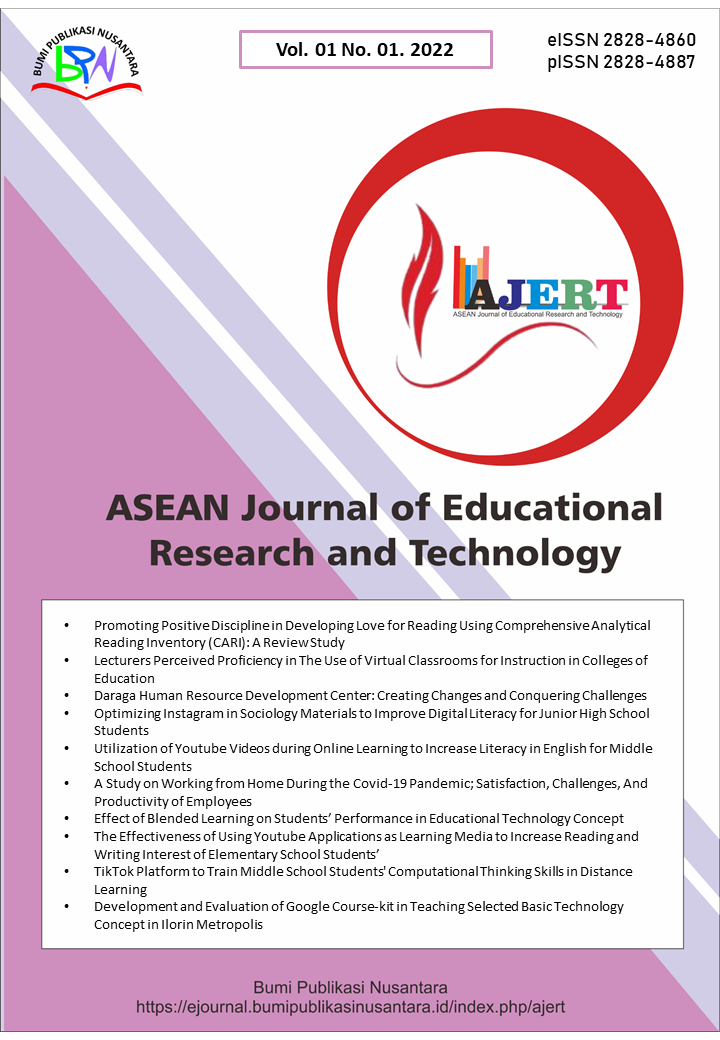The Clash Between the Universal Declaration of Human Rights and Harmful Traditional Practices
 ), Mark Tamthai(2),
), Mark Tamthai(2),
(1) Payap University
(2) Payap University
 Corresponding Author
Corresponding Author
Abstract
Keywords
References
Chalya, P. L., Massinde, A. N., Kihunrwa, A., Kayange, N. M., Hauli, K. A., Kapesa, A., Ngallaba, S.E., Mweteni, W. and Gilyoma, J.M. (2015). Trauma admissions among victims of domestic violence at a tertiary care hospital in North-Western Tanzania: An urgent call to action. Tanzania Journal of Health Research, 17(4), 1-8.
Dave-Odigie, C. P. (2010). Albino killings in Tanzania: Implications for security. Peace Studies Journal, 3(1), 68-75.
Haidt, Jonathan, and Jesse Graham. (2007). When morality opposes justice: Conservatives have moral intuitions that liberals may not recognize. Social Justice Research, 20(1), 98-116.
Japhet, N. (2022). Addressing land conflict between farmers and pastoralists in Tanzania. Journal of Research for International Educators, 1(1), 3.
Khalil, L., and Hartley, J. (2022). Public leadership to foster peacebuilding in violently divided societies. Public Management Review, 2022, 1-22.
Msuya, N. H. (2019). Challenges surrounding the adjudication of women's rights in relation to customary law and practices in Tanzania. Potchefstroom Electronic Law Journal/Potchefstroomse Elektroniese Regsblad, 22(1), 1-23.
Msuya, N. H. (2021). Harmful practices: An obstacle in the realisation of women’s rights in Tanzania. Comparative and International Law Journal of Southern Africa, 54(3), 1-42.
Mubangizi, J. C., and Tlale, M. T. (2023). How gender-based cultural practices violate women’s property rights and inhibit property ownership: A South African perspective. Women’s Studies International Forum, 96, 102678.
Ntuli, H. S. (2019). Conflict between traditional cultural practices for women and South African government laws. Gender and Behaviour, 17(1), 12710-12728.
Theros, M., and Turkmani, R. (2022). Engendering civicness in the Syrian peacemaking process. Journal of Civil Society, 18(2), 183-200.
Article Metrics
Abstract View : 1125 times
: 1125 times Download : 560 times
Download : 560 times
Refbacks
- There are currently no refbacks.
Copyright (c) 2023 Bumi Publikasi Nusantara

This work is licensed under a Creative Commons Attribution-ShareAlike 4.0 International License.









